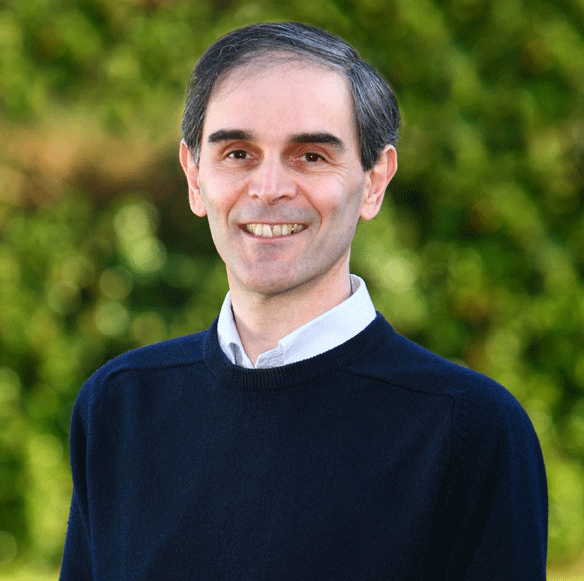 Around 130 participants attended the Norcem CO2 Capture Project International CCS Conference in Norway on 20th/21st May. Of particular note was the attendance of Tord Lien, the Norwegian Minister of Petroleum and Energy. The main focus of the meeting was on CO2 capture at cement plants, particularly the on-going test work on different capture technologies that is taking place at the Norcem cement plant at Brevik, in a 93M NOK funded CLIMIT project running from 2013 to 2017. The technologies are advanced solid sorbents (RTI), amine scrubbing (Aker), membranes (NTNU, DNV and recently Air Products) and regenerative calcium cycle (Alstom). The successful testing of the Aker solvent at Brevik using real cement plant flue gas, combined with the larger scale testing of the technology at TCM provides confidence for early commercial application of capture at cement plants. Preliminary results of an economic assessment of the technologies was presented and final results will be made available in a report in June. The CO2 abatement costs depend strongly on the amount of waste heat available at the cement plant, which is relatively hjosir at Brevik, the costs and emission of grid electricity and technology performance such as membrane permeance.
Around 130 participants attended the Norcem CO2 Capture Project International CCS Conference in Norway on 20th/21st May. Of particular note was the attendance of Tord Lien, the Norwegian Minister of Petroleum and Energy. The main focus of the meeting was on CO2 capture at cement plants, particularly the on-going test work on different capture technologies that is taking place at the Norcem cement plant at Brevik, in a 93M NOK funded CLIMIT project running from 2013 to 2017. The technologies are advanced solid sorbents (RTI), amine scrubbing (Aker), membranes (NTNU, DNV and recently Air Products) and regenerative calcium cycle (Alstom). The successful testing of the Aker solvent at Brevik using real cement plant flue gas, combined with the larger scale testing of the technology at TCM provides confidence for early commercial application of capture at cement plants. Preliminary results of an economic assessment of the technologies was presented and final results will be made available in a report in June. The CO2 abatement costs depend strongly on the amount of waste heat available at the cement plant, which is relatively hjosir at Brevik, the costs and emission of grid electricity and technology performance such as membrane permeance.
The second day of the meeting included descriptions of ECRA’s cement plant oxyfuel project. If funding is available a 500t/d kiln could be in operation by 2019. Presentations were also made on ship transport of CO2, which has been taking place from the nearby Yara fertilizer plant at Porsgrunn since 1998, currently at a rate of about 200kt/y. Ship transport could be particularly relevant to the industrial facilities located around the coast of Norway. Presentations were also made on aspects of CO2 storage and utilisation.
A final presentation by an NGO (Zero) emphasised that the large and continuing cost reductions in renewable technologies, particularly solar PV, will present a major challenge to CCS in power generation in future. However it was recognised that CCS in industry is part of the climate solution, as much of the emissions e.g. from cement production cannot be realistically reduced to very low levels by other means.


